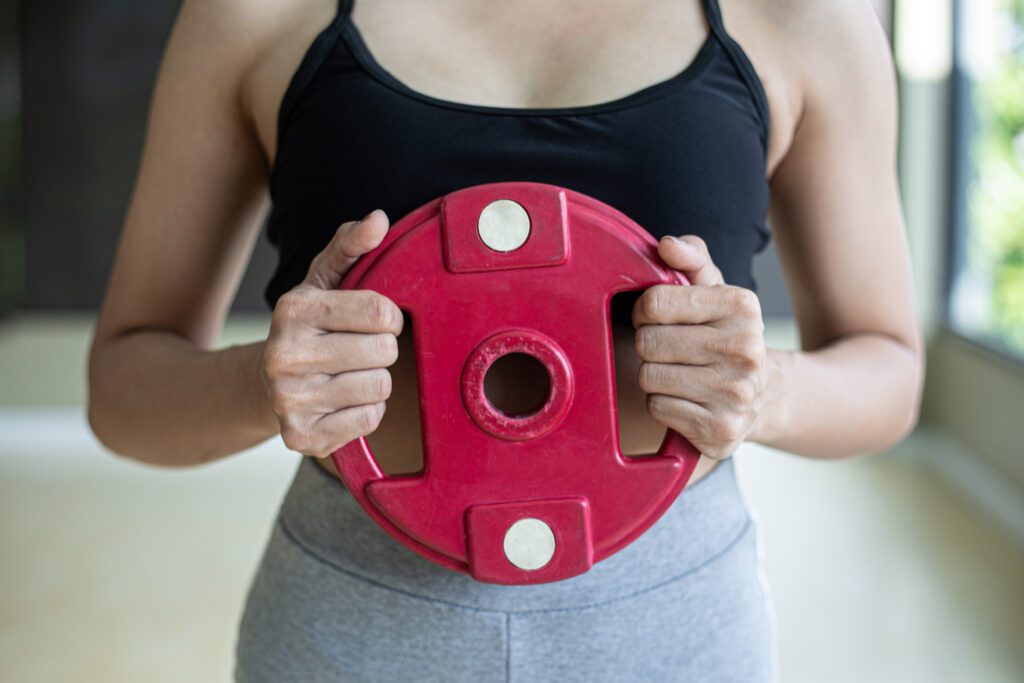Hormone imbalances are often to blame for a host of common health complaints. From weight gain and fatigue to mood swings and trouble sleeping, these symptoms can be disruptive and downright frustrating. If you suspect you may have a hormone imbalance, luckily, there are ways to fix this issue with exercise. Working out is an excellent option for people who want to improve their physical and mental health.

What are Hormone Imbalances
When hormone levels in the bloodstream are either too high or too low, hormonal imbalances result. Identify the underlying cause and develop a treatment plan to help get your hormones back in balance.
Causes of Hormone Imbalances
- Stress
- Environmental chemicals
- Medical conditions
- Tumors
- Medications
Symptoms & Signs of Hormone Imbalances
- Weight Gaining & Sudden Weight Loss
- Muscle Weakness
- Depression
- Infertility
- Nervousness or Anxiety
- Increased thirst & Hunger
- Fatigue
Common Hormonal Imbalances
- Low Progesterone
- Low Estrogen
- High Androgens
- Amenorrhea
Hormones that are Affected by Exercise
- Dopamine – Exercise increases dopamine levels in the brain, helping to decrease stress, anxiety and even depression.
- Serotonin – Exercise releases serotonin, which helps you get a good night’s sleep and can positively impact appetite, mood, digestion
- Thyroid – Exercise contributes to a healthy thyroid and allows the thyroid hormones to function correctly.
- Testosterone – Regular exercise can help boost testosterone, slowing the effects of aging.
- Estrogen – Exercising and increasing your heart rate for at least half an hour every day helps boost estrogen levels and can temper menopause symptoms.
What Exercises are Best for Hormonal Imbalances?
- HIIT(High-Intensity Interval Training) – Regular workouts(often no more than 20 minutes) increase human growth hormone and improve insulin sensitivity.
- Strength training – Regular strength training (typically 2-3 times a week) with light weights and high reps is a great lower-impact way to build muscle mass and reduce cortisol.
- Walking – The hormone balance can be significantly impacted by taking brisk 30-minute walks four to five times each week.
- Weight Lifting – Weight Lifting has also been shown to help regulate sex hormones — testosterone and estrogen
- Squats – Squats boost HGH (human growth hormone)
- Lunges – Lunges engages your core and abdominal muscles
- Push Ups – Push ups help tone arms, stabilize the core, or abdominal muscles
- Yoga – helps women maintain better physical and mental health, energy levels, and self-esteem
- Pilates – Pilates regulate the release of hormones
How Exercise Benefits in Fixing Hormonal Imbalances
- Increase growth hormone
- Improve insulin response
- Increase testosterone
- Stabilize blood sugar
- Reduce adrenaline
- Increase GABA
- Decrease cortisol levels
- Increase serotonin
It could be terribly challenging to become motivated if you are experiencing hormone imbalance. Finding ways to incorporate exercise into your life as easily and without too much difficulty is vital.
Contact Personal Trainer San Diego for more personalized fitness tips.
Contact Us: info@ironorrfitness.com
https://www.instagram.com/ironorrfitness/

